Coiab) for 35 years and
Coordenação das Organizações Indígenas da Amazônia brasileira comemora o percurso e reflete sobre os desafios para garantir território e os direitos constitucionais.
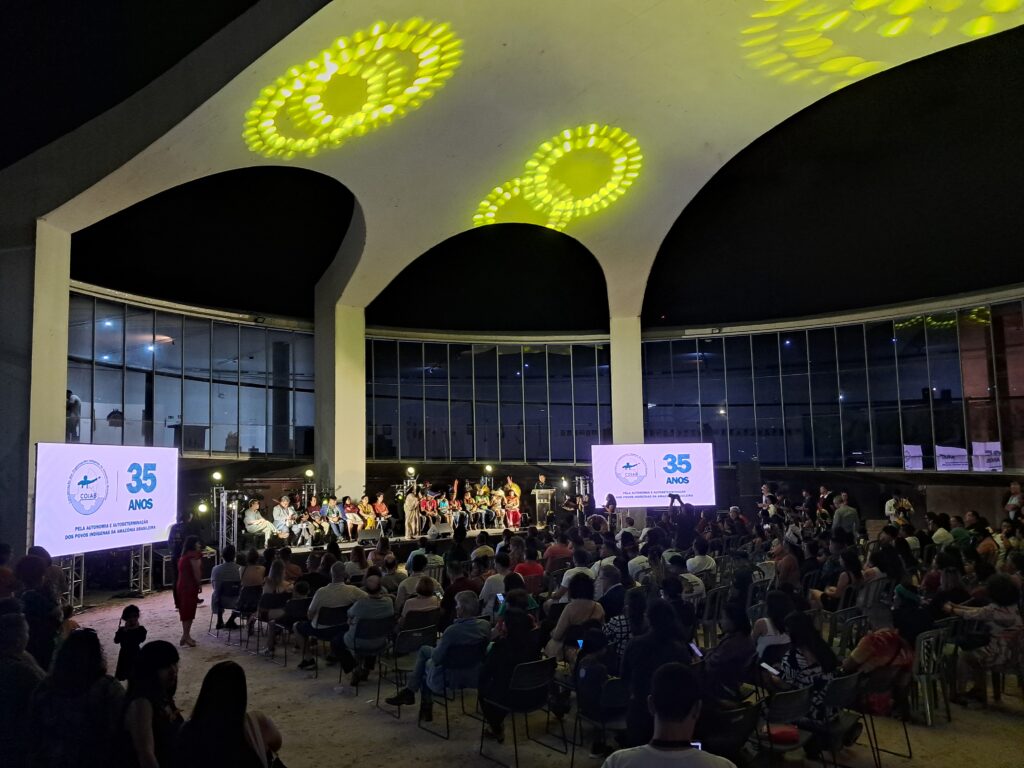
The national anthem chanted in the language of the tikuna, in celebration of the 35th anniversary of Coordination of the Indigenous Organizations of the Brazilian Amazon (Coiab), left a mark in the place of indigenous peoples in all areas, and political and administrative institutions of the State, to be respected, acknowledged, and to secure the rights of his people. The event, which took place on the Day of the Indigenous Peoples of the 19th of April, and was attended by leaders from across the country, community-based organizations at the Ministry of Indigenous Peoples ‘ (MPI), a time to celebrate your progress and mark the struggles and challenges of the course.
“The Coiab), is a reference when it comes to defending our forests and on our Amazon,” said Jose luis Kassupá, the Organization of Indigenous Peoples of the brazilian state of Rondônia, in the Northwest of the state of Mato Grosso, and in the South of the Amazon river (Opiroma). I Karipuna, the co-ordination of Coiab), in the Articulation of the Indigenous Peoples of Brazil (APIB), it is the strength of the organization, and also for all the countries in the amazon, the brazilian indigenous movement, and internationally, and is the Coiab), and the leadership of the Amazon region, part of the constitution of the APIB, and the Camp-Land of the Free (ATL), the largest in the assembly, is indigenous to Brazil, which is in its 20th edition, bringing together thousands of people.
“Continue on our journey for the next 35 years of Coiab), is to make sure that, from the first engineers to present-day co-ordination by my buddy don’t break my heart, everything all this journey was worth the effort, you’re good, and the Coiab), will continue, yes, yes, a strong position in the battle for the defense of the rights of indigenous peoples,” said I Karipuna.
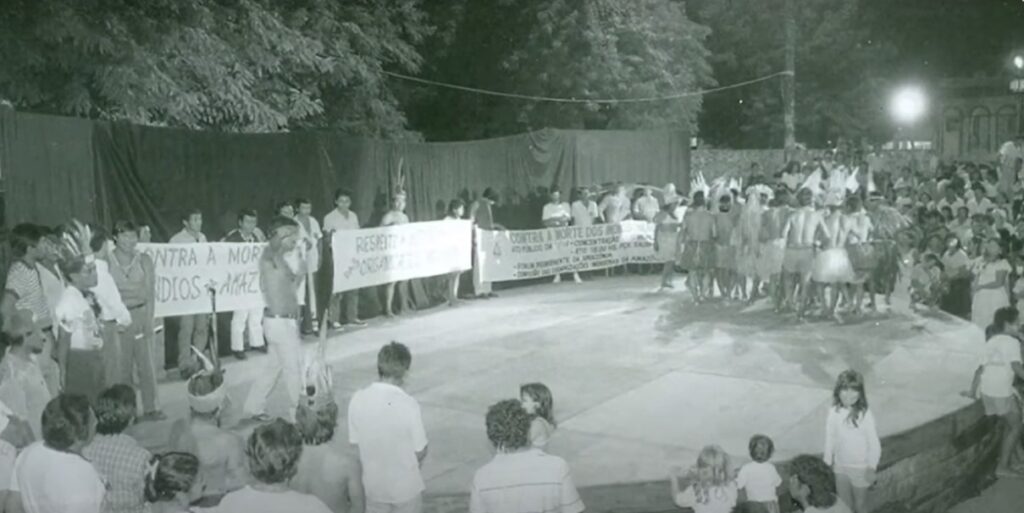
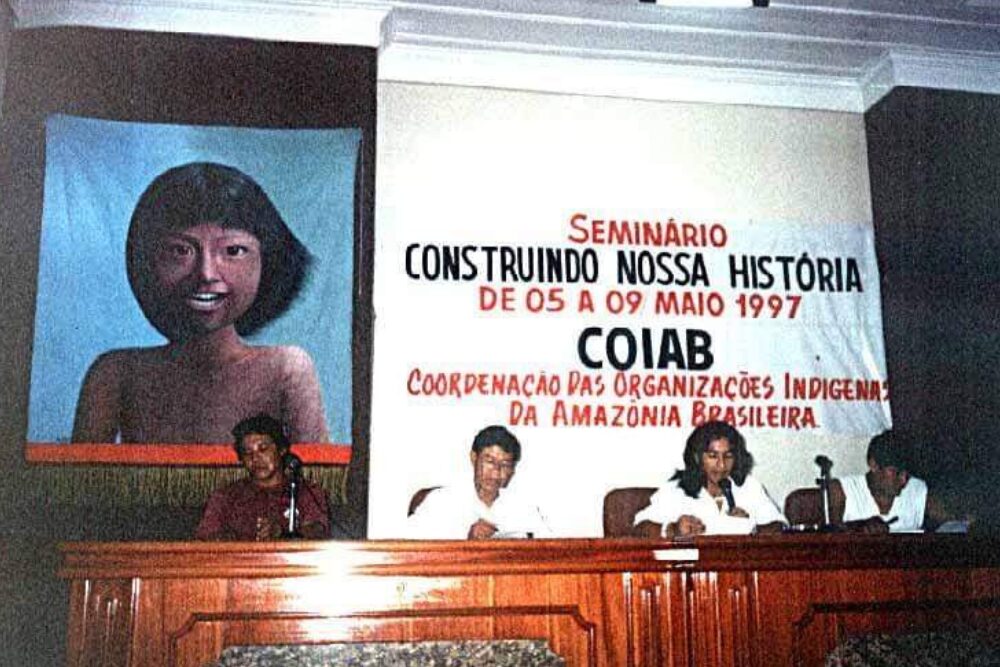
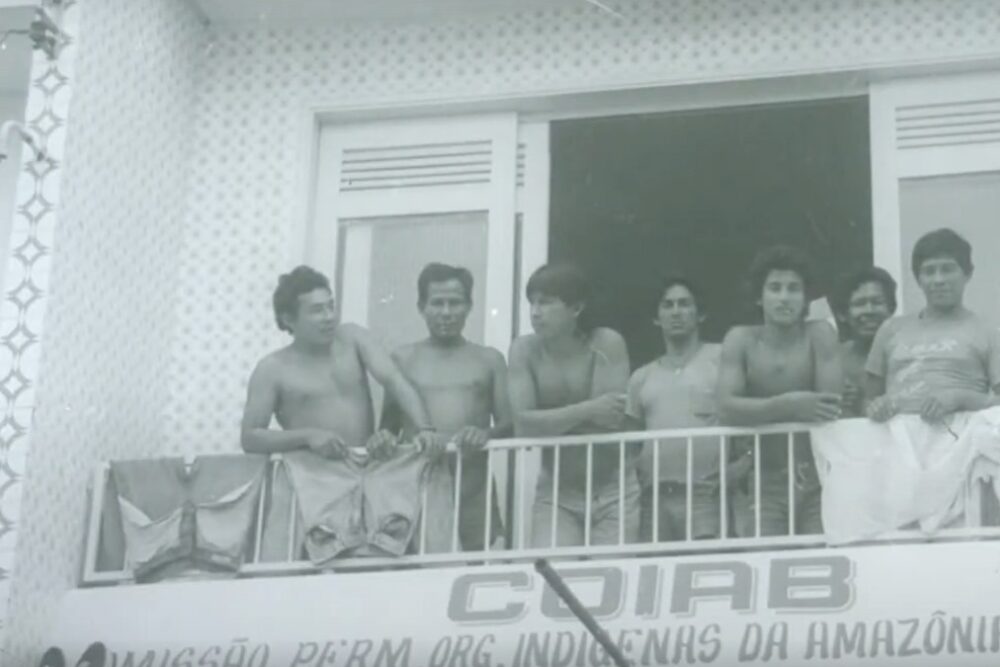

“It is this power, this strength, with the voice of the people, leads with honor for more than 35 years of Coiab),” said Angela Kaxuyana, which is composed of the board of directors of the organization as the representative of the Coordination of the Indigenous Organizations of the Amazon Basin (Coica). She thanked the fellows for the encouragement to take part in the indigenous movement, “Thank you women’s encouraged me, and believed I could do it, in this story of struggle, this history of resistance, with a lot of love and commitment in the construction of the Coiab)”.
Don’t break my heart Manchineri, co-ordinator of the Coiab), hailed in the event of the founding members of the organization, many of them are present in the city.
Joseph S. Manchineri who took part in the creation of Coiab), spoke to the new leadership, and encouraging everyone to go firm to take on even more. “It’s a pleasure to me to be here. I am already advanced in age, but still we’re trying to help the co-ordination’.
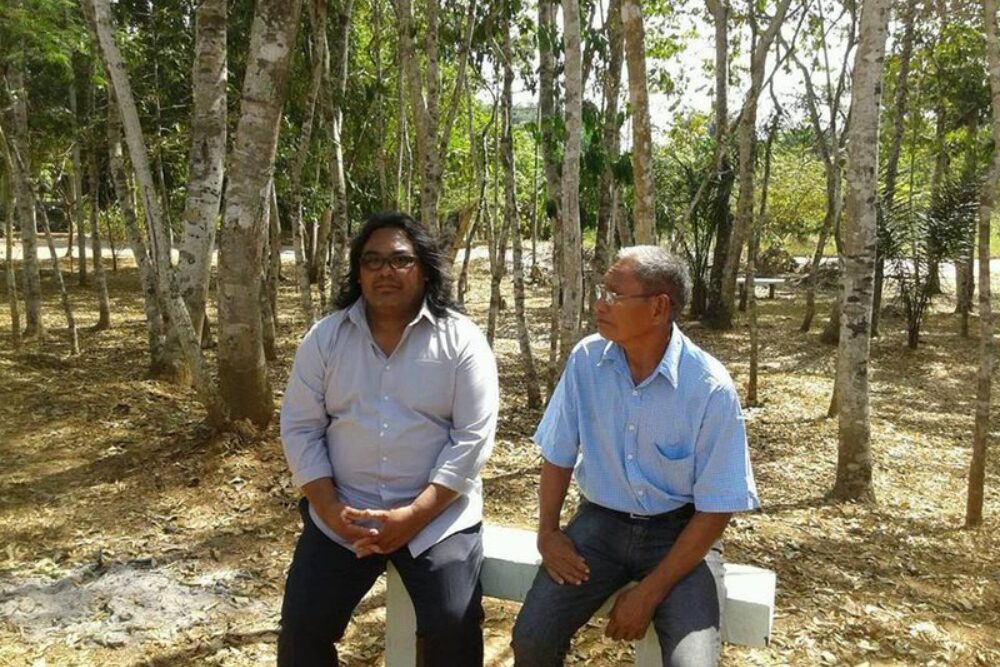
The rights and complaints
In spite of the achievements, a lot of the fight is yet to be made. The service is denied, a lady of the Tikuna in the upper amazon (Solimões), which in turn led to the emergence of Coiab), there is also now being ordered and similar situations, as well as violations of the so many of the other fundamental rights as laid down in the Federal Constitution of 1988.
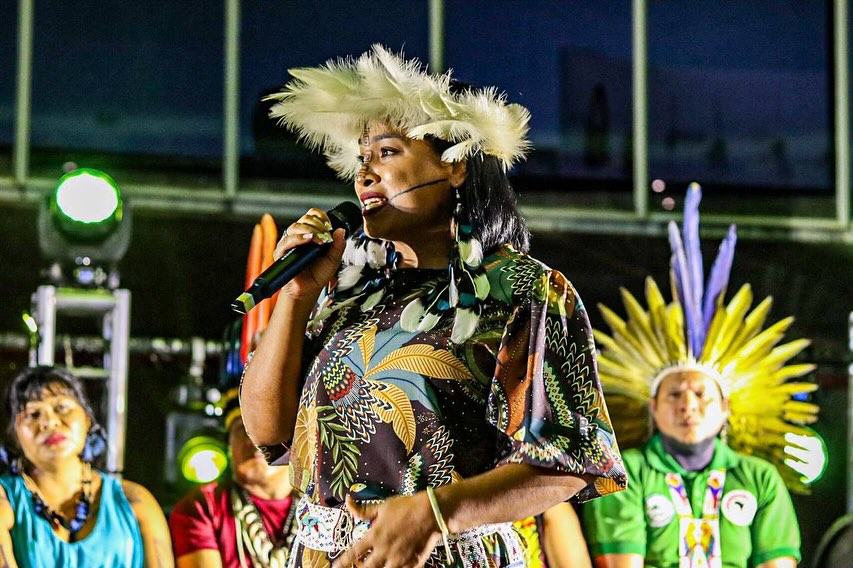
“Coiab is not going to go back and Coiab is not going to leave you to go for the type-approval of two indigenous territories in this year. We will require the approval of the mark, for the protection of indigenous peoples. The two territories of indigenous people is very low for a number of years for a violation of our rights,” said Angela Kaxuyana, noting that the organization maintains an attentive and present.
Célia Xakriabá, leadership, and a member of parliament, federal, Minas Gerais, focused on environmental protection in all of the biomes in Brazil, reporting on the death of his defenders. “If you murder the defenders of the environment, to imagine us that we are the self and the environment. We are more than environmental activists, because we have no way to go to even though the country is at risk”.
In the mining industry, the ruralistas, and the advancement of agribusiness have been one of the causes of death mentioned her. “There is no death and sustainable,” he said. Finally, it has been argued that the leaders who will stand as the candidate of the Powers of the Republic. “We want to progress, you will not kill us, for it is in these 35 years of Coiab), I invite you now to organise”.
The minister of State for
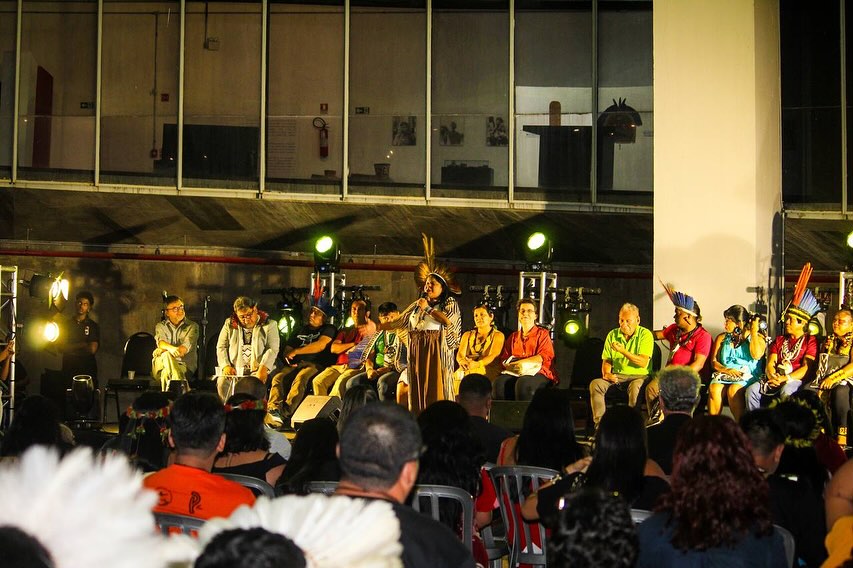
The minister, Sonia Guajajara, took part in the event, and it was his place in the Executive branch, as part of the result of the mobilization of the indigenous people: “it Is a source of great pride to be able to be here today, speaking as secretary of State. This is the first time that Brazil would have a ministry, and that it has a native to this place. And it is my pride and that is why you will be filling the position. The pride in me it’s the movement that I made for them. The university, which I think is what it was in the Coiab), I prepare for the fight,” he said.
Despite the conquest, which was accomplished in the appointment of Joenia groups intersect to the time of the Founding of Indigenous Peoples (Funai), Weibe the Tapeba in the Secretariat of Indigenous Health (National) and with the election of Célia Xakriabá in the Congress, the minister stressed that the occupation of these places, not substitute for, the movement of indigenous peoples in canada.
Sonia Guajajara, he also talked about the problems he faced in the government. “The government is not ready to receive us into its design. We need to struggle a lot in order to be recognized as an indigenous people of Brazil,” he said, stressing the need to repeat that you are 305 of the indigenous peoples living, fighting all the days that they have to 274, languages, and peoples in isolation in the Amazon, and the whole of the Amazon region. “We need to normalize that the presence of indians, for the crown, necklaces, and painting in all the right places, and this is what we call ‘ settled Status”.
